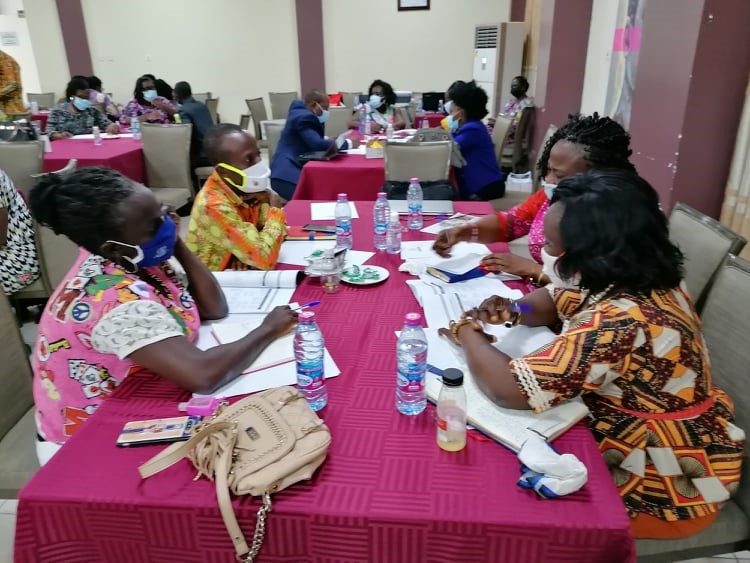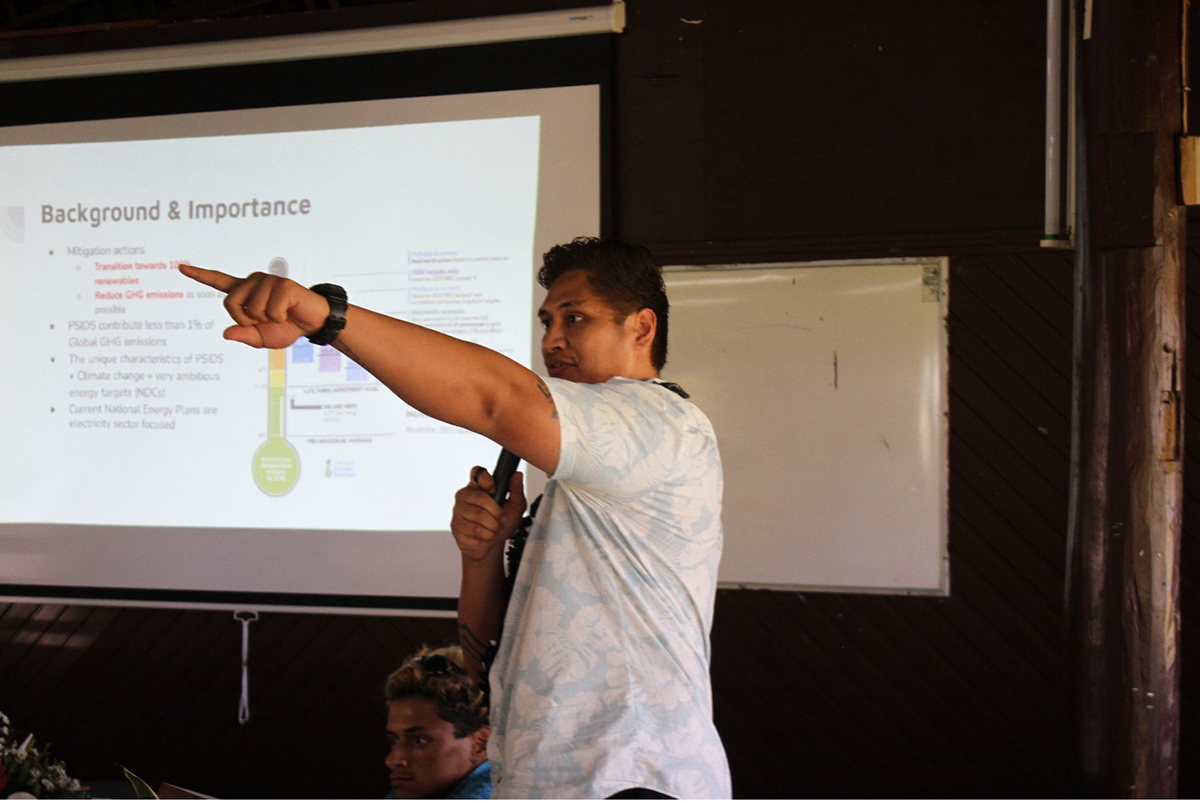New Commonwealth education resource gets thumbs-up from experts
March 19Experts in Ghana and Kenya have endorsed a new Commonwealth Early Childhood Care and Education (ECCE) toolkit.
Launched as the COVID-19 pandemic continues to disrupt education services around the globe, the new resource was designed to support those managing learning for young children and is currently being piloted in Ghana.
Developed by the institution’s education team in collaboration with Commonwealth experts and international partners, the initiative is one of the recommendations outlined by education ministers in the Nadi Declaration, agreed at their 2018 summit.
Commonwealth Education adviser Nasir Kazmi, who led the project, said the resource received positive feedback: “This initiative was challenging, particularly with the restrictions imposed by the pandemic. However, I am very pleased with the positive feedback we have had, as well as the opportunity to gather the views of experts and practitioners about how we can make the toolkit even better and more fit for purpose.
“For example, areas identified for further development include enhancing content relating to the science behind brain development, and the provision of further case studies on multi-sectoral coordination from countries with devolved education systems.”
Ghana pilot
Working in consultation with the Ghana Education Service of the Ministry of Education, and ECCE expert, Dr Eric Ananga, the Commonwealth Secretariat rolled out the toolkit at a stakeholder engagement workshop in Accra in January. Fifty practitioners and specialists from government, as well as organisations such as UNICEF, met to scrutinise the resource and offer feedback on its effectiveness and relevance.
The participants agreed that the toolkit is a very useful for Ghana’s ECCE services – particularly features such as:
- Its budgeting, accommodation and resource distribution tools;
- Its provision of accurate data collection mechanisms for effective planning and decision making;
- Its focus on strategies to increase enrolment in schools and close existing gaps in ECCE access;
- Its relevance to the developmental needs of children ages 4 and 5, as well as nursery-age children;
- Its relevance and relation to the SDGs and alignment with Ghana’s ECCE Policy and Education Strategic Plan 2018-2030;
- Its focus on inclusiveness, and requirement for nursery buildings to be disability friendly.
According to Dr Ananga: “Stakeholders were excited about the toolkit and found it resonating with Ghana’s vision, the new Early Childhood Education (ECE) Policy and their own personal aspirations and expectations as practitioners in the ECCE/ECE sub-sector of Education in Ghana.”
Kenya experts
Practitioners in Kenya also had the opportunity to review the toolkit, with education expert, Hellen Kimathi, organising structured focus groups to review the toolkit and feedback through a scoring grid.
“A review of policies addressing various aspects of ECCE service delivery in Kenya revealed that the toolkit is very much aligned to key policy statements, standards and strategies to promote access to quality, equitable and relevant ECCE services in Kenya,” Dr Kimathi said.
Another Kenyan expert added: “Reading through the toolkit, one gets the sense of its relevance, simplicity and practicality in advancing dialogue among policy makers and practitioners in the early childhood development space. The integration of quality considerations within strategies to improve access to ECCE services is very important as expanding access without quality may not give the desired impact in terms of a child’s readiness for primary education.”
Commonwealth experts will refine the toolkit and make it available to all member countries.





